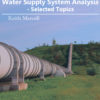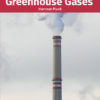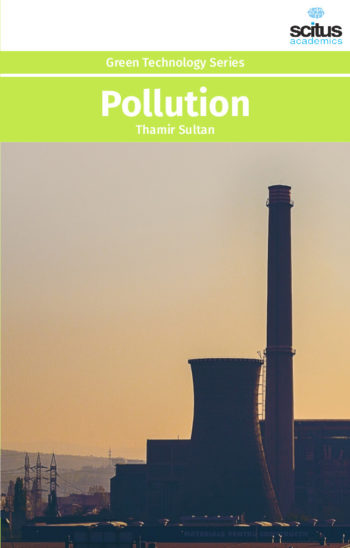For industrialized nations like the United States, modern life is unthinkable without fossil fuels. By most estimates, coal, oil and natural gas are enough to supply 85 percent of America’s energy demand. However, fossil fuel production also carries severe economic, environmental and social costs. Much of the concern arises from the emission of compounds like carbon dioxide, nitrogen oxides and sulfur dioxide into the atmosphere, resulting in potentially devastating long-term contamination of land, air and water resources. The burning of fossil fuels to produce energy also releases significant amounts of carbon dioxide and other greenhouse gases into the environment. These gases act like a blanket to trap energy that warms the Earth’s surface. During the last 150 years, fossil fuel combustion has raised the amount of atmospheric carbon dioxide by more than 25 percent, according to the Union of Concerned Scientists. This phenomenon of climate change is associated with floods and heavy rain falls in many regions, as well as more frequent droughts and severe heat waves. Fossil fuels are a major contributor to health-harming air pollution. We should all be concerned about the pollution of our environment. In this book we will look at the damage that burning fossil fuels (oil, coal, and natural gas) can cause the problems.
This Book ‘Fossil Fuels and Pollution’ provides an introduction to fossil fuels, their impact on the environment worldwide, and why controlling them is crucial to Earth’s future climate. It reports on the health effects of inhalable fine particulates formed during the combustion of fossil fuels and the secondary formations of particles in the air as they relate to motor vehicle exhaust and fossil fuels emissions control technologies. Whether practical or innovative, this book is a great read for researchers, practitioners, or just about anyone with an enquiring mind on this subject.













